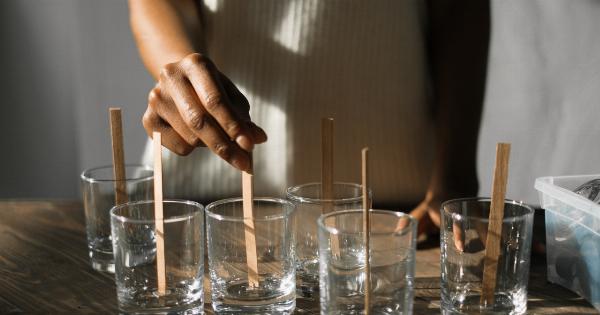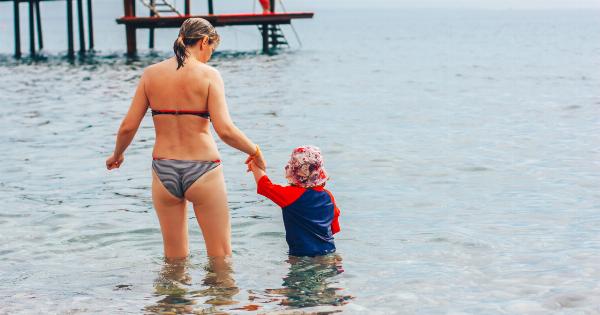Natural disasters can strike at any time and leave devastation in their wake. From hurricanes and tornadoes to floods and wildfires, these events can cause huge amounts of damage to homes and businesses, leaving people struggling to rebuild their lives.
While it’s impossible to predict when and where a natural disaster will strike, there are some steps you can take to prepare yourself and protect your assets, including making sure you have the right insurance coverage in place.
Understanding Natural Disaster Insurance
Most people have some form of insurance coverage to protect their assets in case of damage or loss. However, standard homeowners or renters insurance policies may not cover certain types of natural disasters, such as floods or earthquakes.
To be fully protected, it’s important to understand what types of coverage you need and to talk to your insurance agent about options that may be available to you.
One type of insurance you should consider is flood insurance. FEMA reports that just one inch of flood water can cause $25,000 in damage to the average home, and floods are the most common natural disaster in the United States.
Yet many homeowners and renters assume that their regular insurance policy will cover them in case of a flood. In fact, most standard policies exclude flood damage. To be protected against this risk, you need to purchase a separate flood insurance policy through the National Flood Insurance Program (NFIP) or a private insurer.
Another type of coverage to consider is earthquake insurance. Although earthquakes are less common than floods, they can be just as damaging, and many homeowners and renters mistakenly assume they are covered under their regular policy.
However, most standard policies do not include coverage for earthquake damage. If you live in a high-risk area or want to protect yourself against this risk, you’ll need to purchase a separate earthquake insurance policy.
Preparing Your Property for Natural Disasters
While insurance coverage is important, your first line of defense against natural disasters is to prepare your property as well as possible. This can include taking steps such as:.
- Clearing gutters and drains to prevent water damage
- Trimming trees and removing dead branches to prevent them from falling on your house
- Securing or storing outdoor furniture and other items that could become projectiles in high winds
- Sealing doors and windows to prevent water intrusion
- Installing a sump pump to remove excess water from your basement
In addition, it’s a good idea to develop an emergency plan with your family to make sure everyone knows what to do in case of a natural disaster.
This can include deciding on a meeting place outside of your home and identifying the safest areas of your house in case of severe weather. It’s important to have access to emergency supplies such as food, water, and first aid kits, as well as a way to stay informed about weather updates and emergency instructions.
What to Do After a Natural Disaster
If you do experience damage to your property due to a natural disaster, it’s important to act quickly to ensure your safety and start the recovery process. Some steps you may need to take include:.
- Assessing the damage to your property and documenting it with photos or video
- Contacting your insurance company to report the damage and start the claims process
- Making any emergency repairs necessary to prevent further damage or ensure safety
- Working with your insurance adjuster to provide documentation and information they need to process your claim
- Getting multiple quotes from contractors to repair the damage and choosing the one that offers the best value
Keep in mind that recovering from a natural disaster can be a long and challenging process. It’s important to take care of yourself and your family during this time, and to ask for help if you need it.
There are many resources available to help those affected by natural disasters, including government aid programs and community organizations.
Conclusion
Natural disasters can happen to anyone, and the damage they cause can be devastating. However, with the right preparation and insurance coverage, you can protect yourself and your property against these risks.
By understanding your insurance options, taking steps to prepare your property, and knowing what to do in case of a disaster, you can be better prepared to face whatever challenges come your way.






























